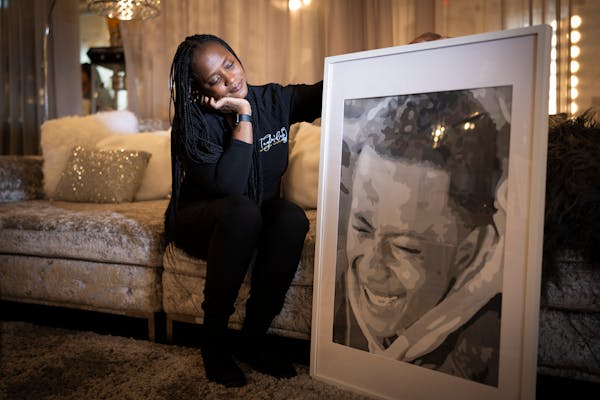I've never photographed a war, or lost a family member in a war, and I think opinions are cheap when you've never actually experienced the topic of discussion. But here goes. I'm amazed that of all the atrocities of war that could be banned from the public's eyes, we're debating this? The mind reels at all the stuff to which we are not privy. Isn't transparency key for a democracy?
I heard a NPR interview with a photojournalist covering Desert Storm in which the hardened veteran confessed that he saw American soldiers engaged in petty looting, but decided to spare the American public from demoralizing images. I was flabbergasted. But even with my own, relatively safe work I have self-censored, sometimes out of fear of stereotyping or because of my own sense of middle-class decorum, or guilt.
If we're worried about star-spangled coffins, than how are the Abu Ghraibs of the world going to see the light of day? It wasn't a photojournalist who took possibly the most impactful photos of that war; it was a rank amateur. And it was the casual, seemingly guileless manner in which they were taken that imbued them with a special horror.
Photographs can sometimes do things that words cannot. Reading about torture is not the same as having a photograph of it. I find it hard to believe that Americans are really that shocked that the good guys actually do horrible things. Jack Bauer after all is a hit. But nothing brought it home until we had photos of it.
This topic, of course, is part of much larger discussion, which is: Who owns the point of view? I think it was Nietzsche who claimed that there are no facts, just points of view. Truer now than ever, in this age of spin, blogs, and reality shows that have nothing to do with reality. So yes, in short, lift the ban. We cannot know if we cannot see. Let the spinning begin.
Two killed, at least three injured in alcohol-involved head-on Cass County crash

Advocates push for Temporary Protected Status for Ecuadorian migrants in Minnesota
Alexandria armed bank robbery suspect arrested in West Fargo
One dead, one injured in Cedar-Riverside neighborhood shooting

